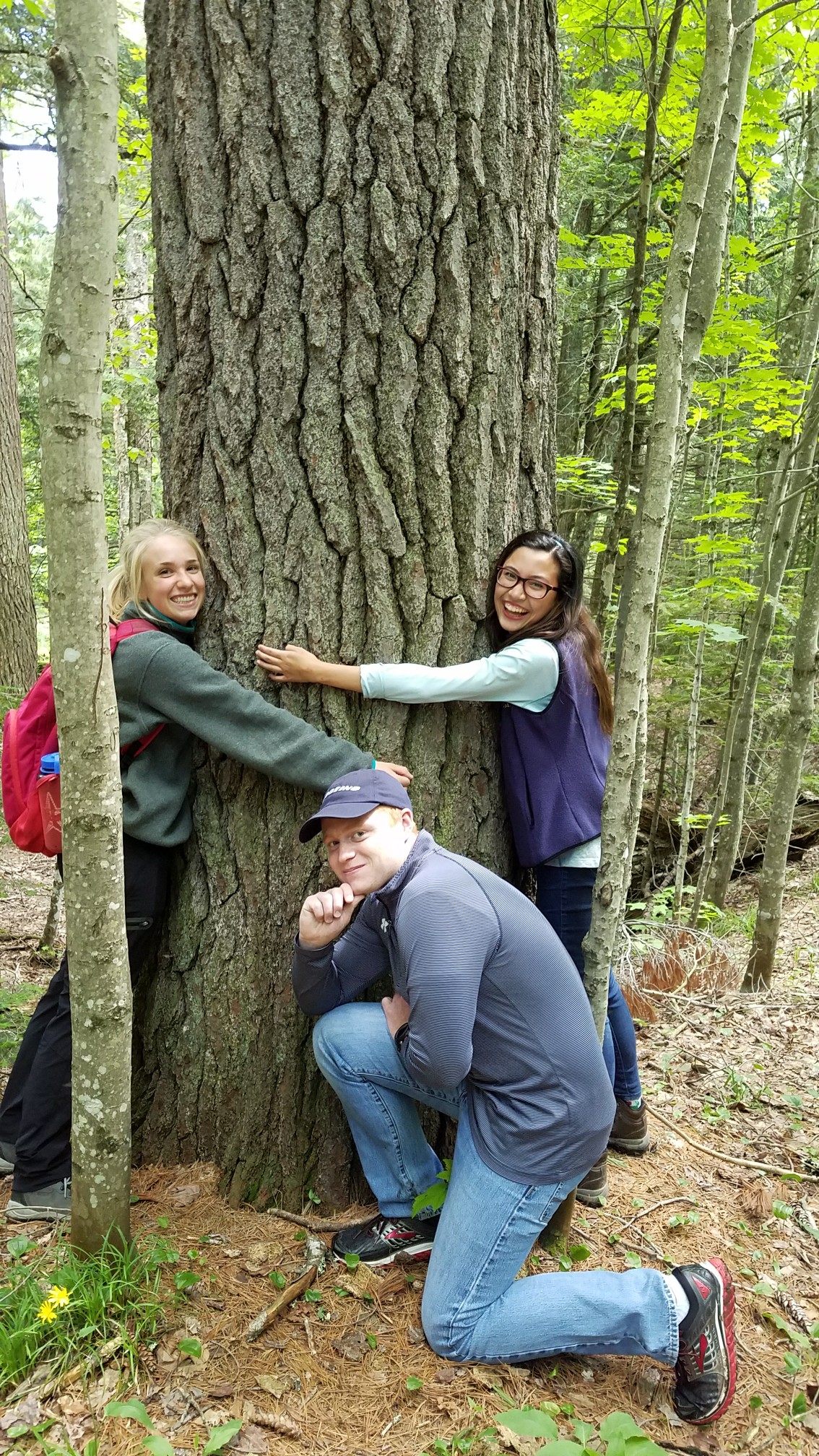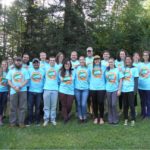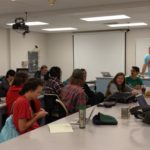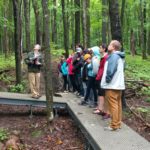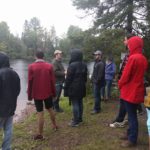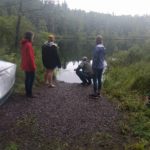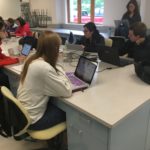
Lumibao, C.Y., S.M. Hoban and J.S. McLachlan. 2017 Ice ages leave genetic diversity ‘hotspots’ in Europe but not in Eastern North America. Ecology Letters. doi:10.1111/ele.12853
In this paper the McLachlan lab studied the spatial pattern of genetic diversity of trees following glaciation in Eastern North America compared to that of Europe. While in Europe southern populations are more genetically diverse compared to northern populations, this is not the case in Eastern North America.
As noted in the paper: A common expectation in phylogeographic studies is that low latitude populations are reservoirs of genetic endemism due to long-term population isolation, and high latitude populations are genetically reduced due to post-glacial species migration (Taberlet et al. 1998). This expectation is largely based on European data, but has been assumed to be generally true across temperate forests (e.g. Roberts & Hamann 2015; Zinck & Rajora 2016). However, we did not find evidence that endemism across taxa was concentrated in southern latitudes in Eastern North America and we did not find reduced genetic diversity in northern latitudes in Eastern North America. (See figure 2 for example).
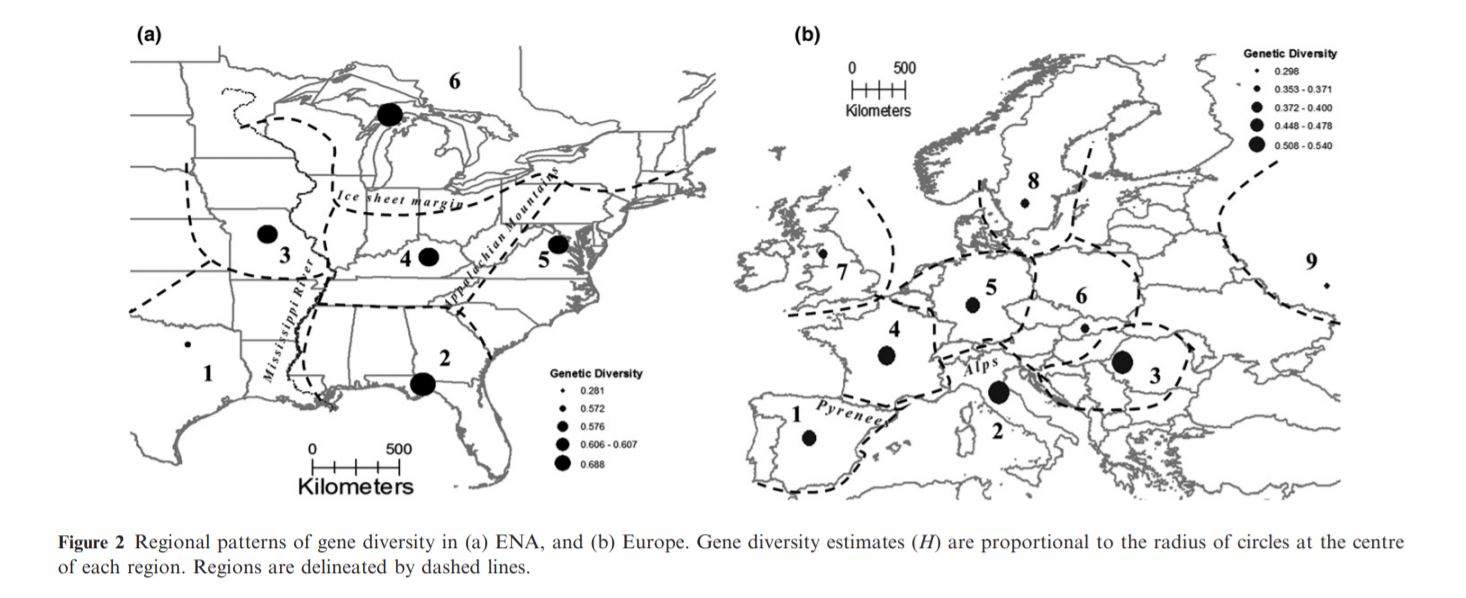
These findings have implications for genetic diversity in forests as they respond to future climate change. Based on previous work conducted in Europe, there was concern that in Eastern North America the southern reservoirs of genetic diversity were at risk and that northern populations may lack the genetic diversity needed to withstand new environmental challenges. However, our results indicate that temperate trees in Eastern North America may not be as vulnerable to the genetic impacts of climate change as European taxa.

